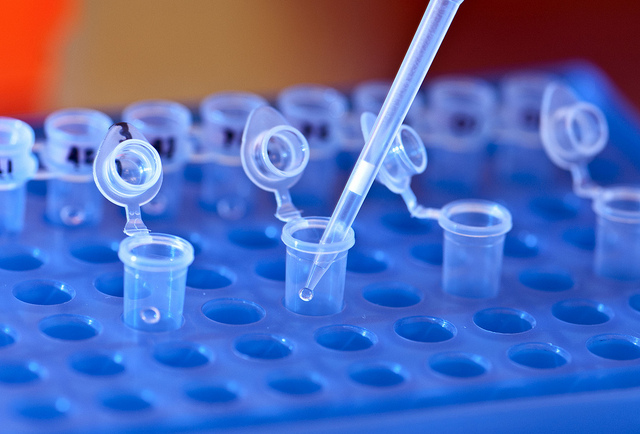Researchers revive abandoned technique in effort to make artificial human eggs in a test tube
By Megan Molteni,
Stat
| 07. 28. 2022
In a little-noticed study published earlier this year, scientists from Oregon Health & Science University reported the birth of three mouse pups that had been created with a never-before-used recipe for reproduction. Using a common cloning technique, researchers removed the genetic material from one female’s eggs and replaced them with nuclear DNA from the skin cells of another. Then with a novel chemical cocktail, they nudged the eggs to lose half their new sets of chromosomes and fertilized them with mouse sperm.
In a big step toward achieving in vitro gametogenesis — one of reproductive medicine’s more ambitious moonshots — the group led by pioneering fertility researcher Shoukrat Mitalipov now intends to use the same method to make artificial human embryos in a test tube.
If successful, the research holds enormous potential for treating infertility, preventing heritable diseases, and opening up the possibility for same-sex couples to have genetically related children.
“It’s one of those high-risk, high reward type of projects,” said Paula Amato, an OB-GYN and infertility specialist at OHSU who collects the human eggs used in Mitalipov’s experiments...
Related Articles
By Anumita Kaur [cites CGS’ Katie Hasson], The Washington Post | 03.25.2025
Genetic information company 23andMe has said that it is headed to bankruptcy court, raising questions for what happens to the DNA shared by millions of people with the company via saliva test kits.
Sunday’s announcement clears the way for a new...
By Peter Wehling, Tino Plümecke, and Isabelle Bartram
| 03.26.2025
This article was originally published as “Soziogenomik und polygene Scores” in issue 272 (February 2025) of the German-language journal Gen-ethischer Informationsdienst (GID); translated by the authors.
In mid-November 2024, the British organization Hope not Hate published its investigative research ‘Inside the Eugenics Revival’. In addition to documentating an active international “race research” network, the investigation also brought to light the existence of a US start-up that offers eugenic embryo selection. Heliospect Genomics aims to enable wealthy couples to...
By Frank Landymore, Futurism | 03.18.2025
You can only throw so much money at a problem.
This, more or less, is the line being taken by AI researchers in a recent survey. Asked whether "scaling up" current AI approaches could lead to achieving artificial general...
By Craig S. Smith, Forbes | 03.08.2025
One recent evening in Shenzhen, a group of software engineers gathered in a dimly lit co-working space, furiously typing as they monitored the performance of a new AI system. The air was electric, thick with the hum of servers and...




